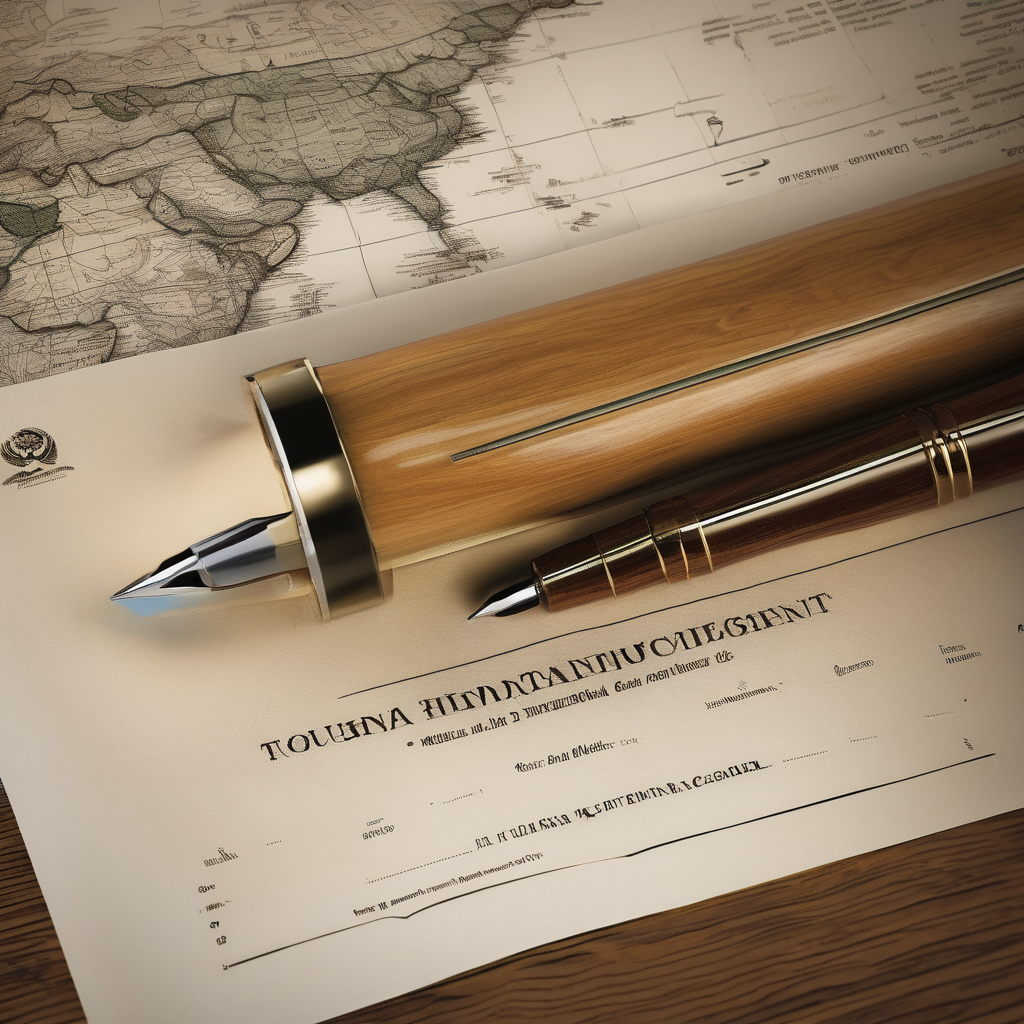Russia has firmly stated its position regarding the recent restoration of United Nations sanctions on Iran, with U.N. Ambassador Vassily Nebenzia declaring that Moscow does not recognize the enforcement of these measures. This announcement comes after the U.N. reinstated an arms embargo and other sanctions on Iran due to its nuclear activities, a process initiated by Britain, France, and Germany in response to Tehran’s alleged violations of the 2015 nuclear agreement.
At a press conference, Nebenzia remarked, “We do not recognize the snapback as coming into force,” emphasizing that Russia would navigate a distinct reality compared to other nations. This complicates the international legal landscape, as the reinstatement of sanctions could lead to heightened tensions in an already volatile region.
The snapback mechanism was activated by accusations against Iran that it had breached the nuclear deal aimed at ensuring its program remained peaceful. Iran’s government, however, adamantly denies any intention to develop nuclear weapons and has signaled that it will respond harshly to the sanctions.
The re-imposition of sanctions means Iran will face an arms embargo, restrictions on uranium enrichment, and related activities, as well as travel bans and asset freezes on numerous Iranian entities and individuals. Analysts caution that these developments could increase military tensions in the region, particularly following recent actions taken by Israel and the U.S. against Iranian nuclear sites. Nebenzia warned that this escalation could lead to military interventions against Iran, indicating that countries looking to dismantle Iran’s nuclear capabilities might feel emboldened.
This situation echoes past diplomatic efforts and developments concerning Iran’s nuclear program. The responses from Western powers and regional players underline the fragile nature of international negotiations around nuclear proliferation, with the overarching goal to maintain stability and security in the Middle East. The hope remains that diplomatic channels can still facilitate a peaceful resolution, despite the prevailing tensions and complexities of the geopolitical landscape. International dialogue could pave the way for de-escalation and reinforce a collective commitment to addressing the challenges posed by nuclear proliferation in the region.
